Connection with nature is in our ancestry
Many of us enjoy visiting woods but we may not always be able to put our finger on precisely why. Actually it could be that they are just feeling a an affinity for tree filled places and nature in general that reaches back to our human ancestry.
Connection with nature for our ancestors was integral to their daily life and survival. It is plausible that humans, having been so hugely dependent on the natural world, developed a deep love, respect and affinity to to nature which still exists in man today, albeit well buried.
Feel better outdoors
Why do people feel better when they’ve spent time outdoors, particularly in woodlands or forests? Maybe because time spent in wild environments satisfies a deep-seated ‘need’ to have connection with nature.
Pursuit of a deeper connection with nature can bring about a better emotional connection with self, also delivering a greater sense of awareness about our ‘place’ in the world, being part of something bigger than ourselves.
We help people improve their health and wellbeing
Why humans became disconnected from the natural world
Through industrialisation there has been a slow but unrelenting move away from living in natural to living in urban environments. As a consequence, society as a whole has slowly but steadily become disconnected from nature to the point that humans now require a helping hand to find their way back.
Reconnection to nature inevitably leads to gaining better connection with oneself, but it isn’t about just sitting out in a woodland waiting for some magical insight to happen. Reconnecting with nature is often most easily achieved through active involvement with the natural world in ways that ‘speak’ to interests of each individual.
Whether linked to art, nature conservation, greenwood working or intentional reflective practices such as mindfulness, the health benefits to be gained through spending time in nature, especially in woodlands or forests, can lead to restoration in relation to both body and mind.
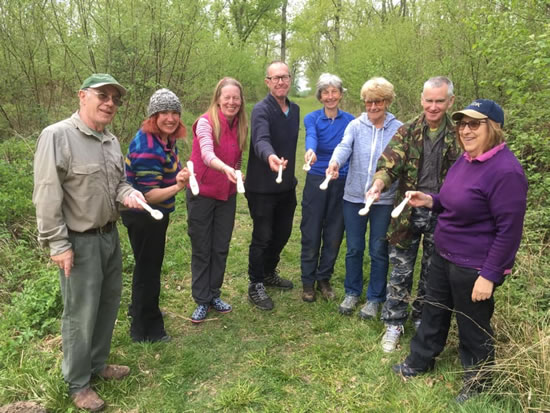
It is becoming widely recognised that guiding people on how to deepen their connection with nature can play a valuable role in delivering benefits to health and wellbeing. In addition there’s also recognition that activities designed to connect people with nature need to go beyond activities that simply involve provision of footpaths, cycle tracks or exercises linked to field craft, such as species identification.
Just two hours of nature significantly boosts health
Don’t take our word for it, read the health study featured in this article from The Guardian on 13th June 2019.
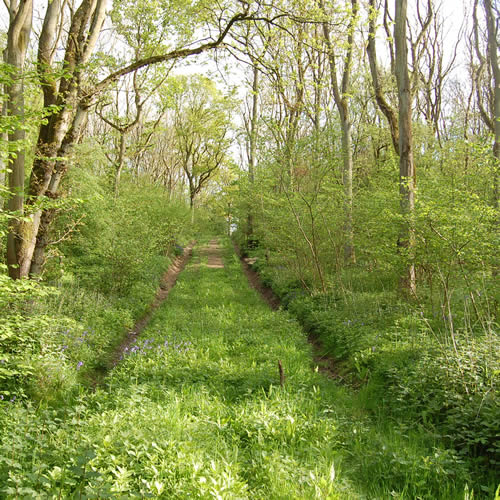
A simple way to reconnect
Taking off your socks and shoes and walking barefoot can promote wellbeing. enhanceing the sensation and awareness of the ground beneath your feet.
Barefoot walkers inevitably look down, with more awareness than usual to see where they are stepping. This helps promote focus and ‘being in the moment’ , rather than rushing along with the goal of destination uppermost in the mind.
Walking barefoot in nature can improve proprioception, the awareness of where we are in relation to the space around us. The health benefits for walking barefoot in nature can be particularly beneficial for those who struggle with sensory processing issues linked to body/spatial awareness.

Nature has the power to strip away the artifices of society that alienate us from one another – being outside in nature seems to helps bring people together.
Reconnecting with nature through spending time in it, without distraction, provides mental ‘space’ to encourage introspection and also has the benefit of helping revive flagging energy and spirits. Spending time in woods or forests, where the trees give out healing chemicals called phytoncides, can provide the psychological lift that is both restorative and helps develop resilience.
Spending time in nature should not be considered a replacement for medicines, but as a supplement there is nothing to beat the power of nature’s potential as a healer of mind and body. Spending time in nature positively feeds the soul.

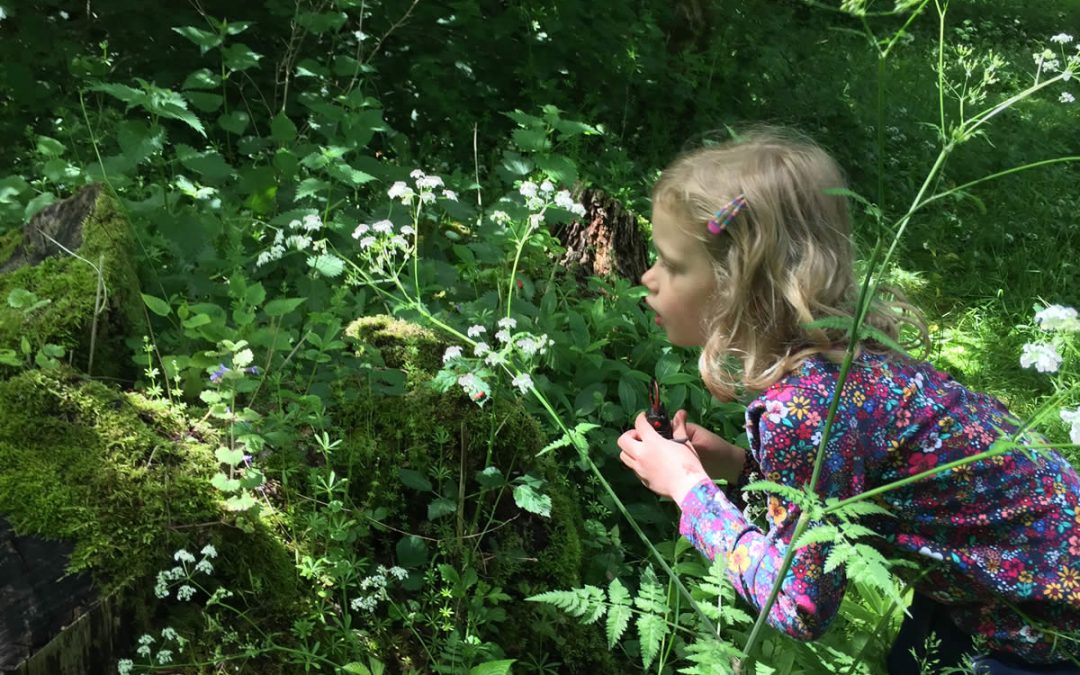
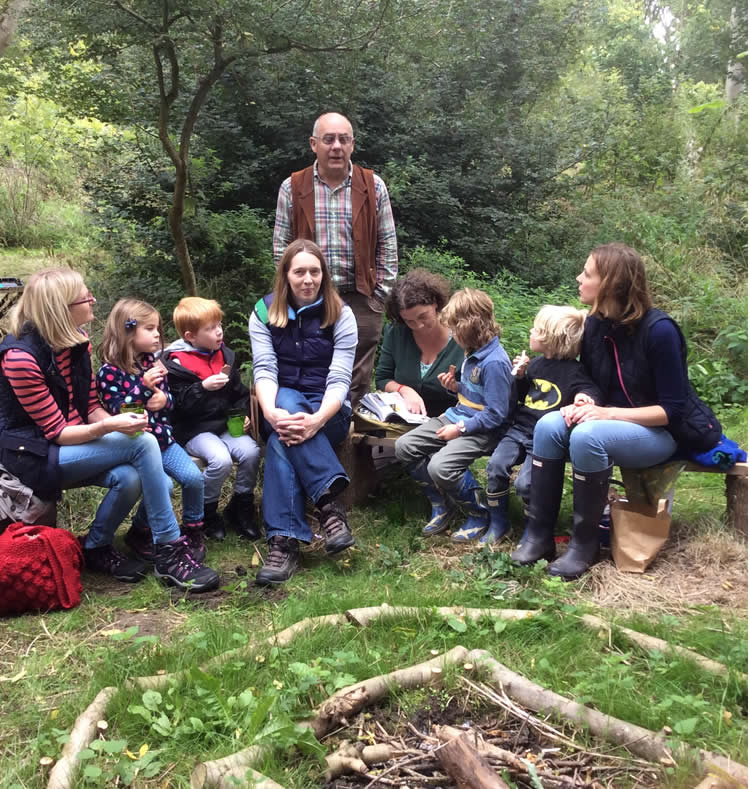
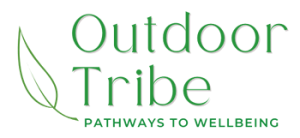
Recent Comments